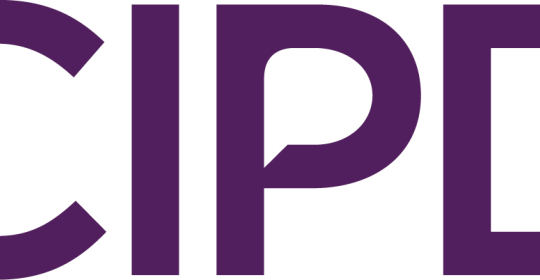Tackling mental health is a priority for many recruitment firms. Even before Covid-19 arrived, the issue has been growing in importance. Last year, a report from CSG Talent entitled, Mental Health within the Recruitment Industry. highlighted that 74% of recruiters suffered some form of mental health issue in the last year. Of these, 59% said they suffered from anxiety and 39% had experienced depression.
Mental health issues are not good for employees or business. The government’s ‘Thriving at Work’ report estimated the cost of poor mental health to UK business at between £33 billion and £42 billion a year. It also found that 300,000 people with a long-term mental health problem lose their jobs each year.
The coronavirus crisis has heightened mental health concerns. The Reward & Employee Benefits Association (REBA) highlighted one in four employers have increased spending on employee assistance programmes (EAPs) because of COVID-19[i]. One in eight employers (13%) also increased spending on their existing virtual GP service, while a further 8% have introduced virtual GPs for the first time.
Helping recruitment firms prevent and manage mental health issues is a key focus area and we recommend that any company approaching mental health first looks at how they identify stress in their workplace and then create a strategy to support their employees.
Identifying the triggers of stress
The Health and Safety Executive (HSE) has identified six key triggers for stress which are a helpful checklist for companies to understand how their employees are feeling and responding to pressure.
- Demands – busy workloads, difficult work patterns and environment.
- Control – how much say the person has in the way they work.
- Support – what help and resources both internally and externally are available
- Relationships – this includes promoting positive working to avoid conflict.
- Role – whether people understand their role, purpose, and value within the organisation.
- Change – job insecurity and how change is managed and communicated.
Creating a strategy
- The first step it to create a mental health policy. This would include the roles and responsibilities of staff managing mental health, the support for mental health within the organisation and processes for staff communication and how disclosures are managed.
- Investment by the senior management team is essential. Any strategy must be led from the top. If senior management lead conversations about mental health, it can be powerful. It can reduce stigma and encourage staff to be more open too.
- Train managers to be confident talking about mental health so they can be proactive and spot when a team member is stressed. Ensure they know what to say and where to sign post people to get additional support from their EAP service, mental health apps or other services.
- Create regular staff surveys and forums, where employees can address concerns. If a company has information and data from staff, they can then create more personalised and tailored wellbeing plans.
Last year, we partnered with the Recruitment & Employment Confederation (REC) in partnership to produce a whitepaper on mental health for recruiters. Here are some of our top tips taken from it.
Talk about mental health regularly at work
Encourage conversations about mental wellbeing, check in with people to find out how they are feeling and encourage people to be open about their issues.
Make the most of free resources
Mental Health at Work has free resources available for employers of every size, including policies, toolkits for different businesses, advice and guidance and case studies.
Think about technology and apps
There are also a range of technology apps that support mental health that can enable employees to monitor their mental health to help prevent and manage stress, anxiety and other common mental health conditions. Another good solution is to provide employee access to virtual GPs so they can get appointments and support quickly and conveniently.
Mental Health First Aiders
Introduce mental health first aiders, dedicated people that employees can turn to for support. However, we recommend that companies ensure they provide independent third-party support and a mentoring service for their mental health first aiders, to ensure they are fully supported and do not become an exposed and under-supported resource, which can be the case.
Listen to your staff
Listening is often the best support employers can give staff. Create space for them to talk and for you to listen. Take time to ask people how they are and ask again. Make conversations around mental health habitual.
Workshops, training, listen and learn lunches
Hosting mental health and wellbeing events can break down barriers and stigmas around mental health and demonstrate that mental wellbeing is important to the business.
Promote mindfulness
Encourage everyone to be mindful and conscious of mental health issues so they notice if their colleagues may not be feeling great and can sign post them to available support.
In recruitment, demands and pressures are always present; however, firms can change the level of support and investment they make in the mental wellbeing of their staff post Covid-19.
About Howden Employee Benefits & Wellbeing
Howden Employee Benefits & Wellbeing (Howden) provides strategic advice to consumers, SMEs and corporate clients on healthcare, protection, wellbeing, and pension benefits, both in the UK and internationally. Howden is multi-award winning and widely recognised for its innovative and creative approach and employs nearly 200 people across the UK.
About Howden
Howden, the retail broking arm of Hyperion Insurance Group, provides a range of specialist insurance solutions to clients around the world. Together with Howden One, its global specialist insurance broking network, it comprises over 15,000 professionals, operating in more than 90 territories, and handling a combined gross written premium of over USD$23bn.
For more information, please visit www.howdengroup.co.uk






